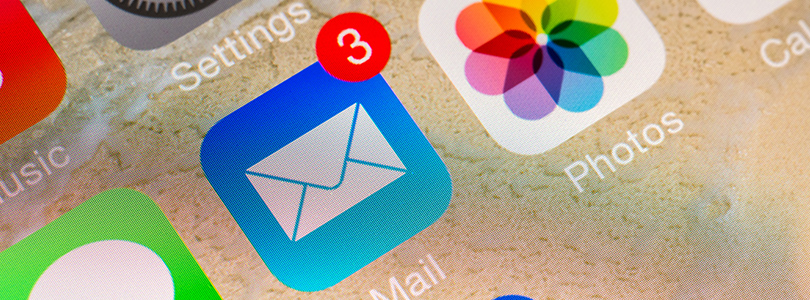
POSTED BY: Jim Ittenbach | August 6, 2013
Weill Cornell Medical College
Patients like it and so do health organizations, but electronic communications in clinical care will likely not be widely adopted by primary care physicians unless patient workloads are reduced or they are paid for the time they spend phoning and emailing patients, both during and after office hours.
Those are some key conclusions of an in-depth examination by investigators at Weill Cornell Medical College of six diverse medical practices that routinely use electronic communication for clinical purposes. The detailed report, the most comprehensive of its kind, appears in the August issue of the journal Health Affairs.
“Leaders of medical groups that use electronic communication find it to be efficient and effective—they say it improves patient satisfaction and saves time for patients. But many physicians say that while it may help patients, it is a challenge for them,” says the study’s lead author, Dr. Tara F. Bishop, an assistant professor in the Department of Public Health and Medicine at Weill Cornell Medical College.
“The lack of compensation is one issue, and another is that unless the practice takes steps to reduce a physician’s daily workload of patients, communicating with patients is extra work that makes some doctors feel that their day can never end,” she says.
Still, pressure from patients and from practice management may ultimately force physicians to communicate with their patients via electronic health records or secure email, Dr. Bishop adds. “I think there are ways to make a transition to electronic communications in health care work. Our study offers some good examples, but I still think we have a long way to go before physicians routinely email their patients.”
Read more here.

